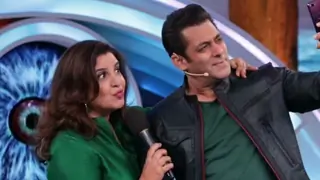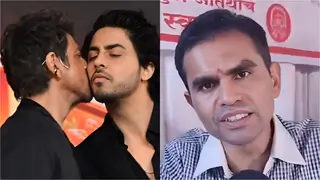Jagya and Gauri derived their smugness from the fact that they stole the march on Anandi. Lekin unke paon ke neeche se ajj zameen hi nikal gayi:
1. Anandi Jagya se behtar doctor banegi kyunki woh zyada layak hai.
2. Gaon mein reh kar bhi Anandi ko kanoon ke baare mein Shehar ke ganwar logon se zyada pata hai,
3. Anandi jab chahe Jagya ko wapas paa sakti hai, magar woh aisa nahi chahti.
Now that it is proved that Anandi is better than the Shehar ke Padhe Likhe Ganwar, she should not give Jagya a divorce. By giving him a divorce she frees him to live with Gauri. But by not giving him a divorce she refuses to let Gauri have any social or legal sanction. If Gauri decides to live in with Jagya she can never visit her parents even, because the society will treat her only as a "kept woman" (Rakhail), which is one step short of a characterless woman. The two of them will always live in fear that at any stage their real status would be revealed to society.
Anandi in the meantime is free from the senseless drama to pursue her education and career. Whenever she wants to remarry she can take a divorce from Jagya on the grounds of desertion.



































